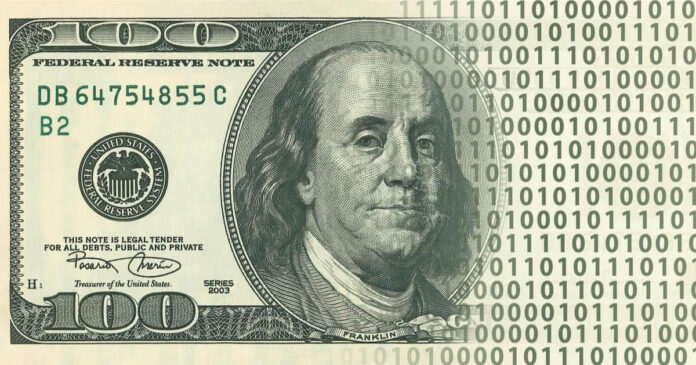A sweeping crackdown on illicit dollar trade in Pakistan has helped the rupee regain some ground, but currency dealers say black market transactions have swiftly gone digital, continuing via smartphones and discreet deliveries.
The effort began on July 22 when the military’s intelligence wing summoned currency exchange sector representatives to account for the U.S. dollar’s sharp rise in the open market. Within days, the Federal Investigation Agency (FIA), which handles financial crimes and anti-smuggling efforts, launched a series of raids, shutting down dozens of unauthorized exchange outlets.
The immediate impact was a modest rebound in the rupee’s value, which had slumped earlier in July. In the open market, it appreciated from 288.6 per U.S. dollar on July 19 to around 286 in recent trading sessions.
But many traders and bankers believe the shift is cosmetic and unsustainable. They report that while storefront operations have largely ceased, underground activity continues through encrypted messaging apps and private networks.
In Peshawar’s historic Chowk Yadgar district long a hub for informal currency trade many shops remain closed, but dealers still operate out of hidden alleyways.
“The trade didn’t stop it just moved,” said Ahmad, a veteran dealer whose family has been in the business for generations. “Now it’s all on WhatsApp. If you’re in the network, the dollars come straight to your doorstep.”
Gul, another trader, confirmed the shift, saying major players had simply moved operations to safer, less visible locations. Both men declined to share their full names.
Even retail customers are steering clear of formal channels. Hassan, a Karachi-based manager at a multinational company, said he turned to a peer-to-peer forex group when documentation requirements tightened.
“Everyone in the group is a buyer or seller. There’s no commission, no middleman,” he said. “Sometimes it’s physical cash, sometimes bank transfers, or even crypto.”
In parallel with the crackdown, Pakistan’s central bank summoned heads of commercial bank treasury departments on Monday, warning them against buying dollars from exchange companies at rates above the official level. Two senior bankers present at the meeting said the State Bank of Pakistan (SBP) urged institutions to depend on their own inflows, primarily from exports and remittances.
However, both sources have slowed. Exporters are reportedly delaying repatriating earnings in hopes of a weaker rupee, while remittance inflows have declined as banks reduce incentives previously offered to attract overseas transfers.
Authorities have also directed banks to keep the spread between the official interbank rate and the open market rate narrow a key requirement of Pakistan’s $7 billion IMF programme, aimed at discouraging speculation and grey-market activity.
“These meetings happen regularly, but this one was more direct,” a banker said, speaking anonymously.
The SBP is expected to announce an interest rate cut on Wednesday a move that may help ease inflation but could further pressure the rupee if foreign currency inflows don’t improve.




